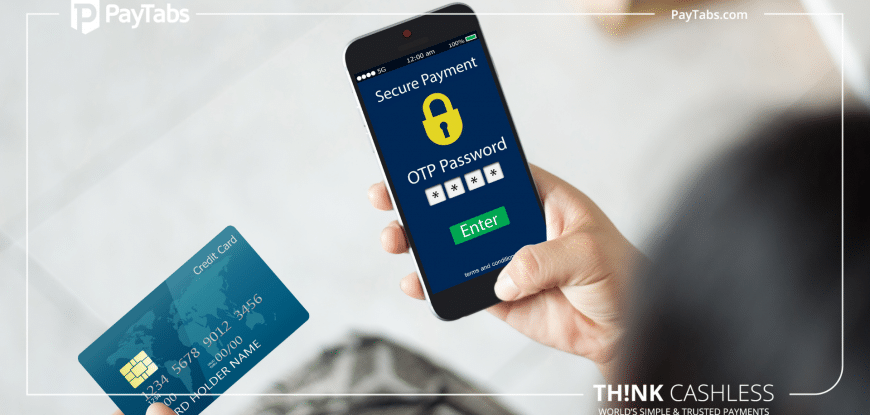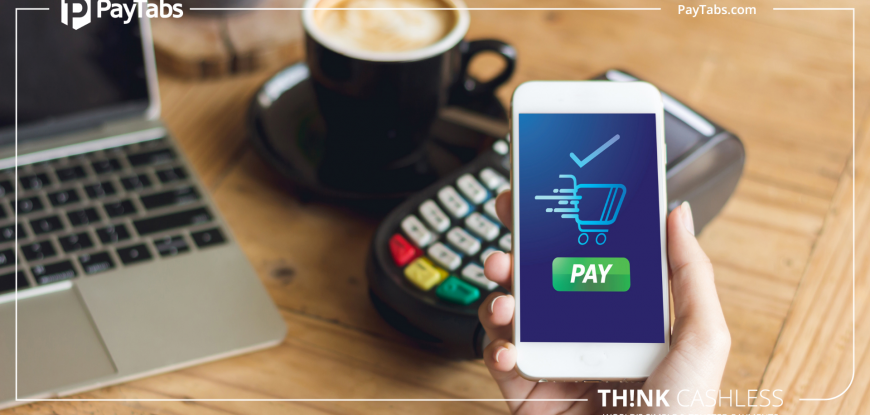The Importance of Starting an Ecommerce Business

Who does not want to run a successful business without breaking the bank? And if this can be achieved by making the most of digital revolution, then there is nothing like it! That is probably the main reason why ecommerce continues to soar globally and why even large companies are opening their doors to this business model. The importance of ecommerce in the Middle East is probably evident in the fact that by 2025, the market is likely to be worth $50 billion. Supportive government initiatives, avant-garde technologies, and a rise in disposable earnings are some factors driving this growth.
According to forecasts done by Emarketer, the significance of ecommerce also lies in the fact that sales is all set to grow by leaps and bounds and possibly touch $2.5 trillion by the end of 2018. And that’s not all. A study conducted by Credit Suisse Research Institute, earlier in 2015, had predicted that total annual online retail sales could reach upto 3.5 trillion USD. With such positive outlook surrounding this business model, we decided to deep dive into the reasons why starting an ecommerce business makes so much sense.
Importance of Ecommerce for Better Business Growth
For starters e-commerce businesses can sell tangible and intangible products or services, and reach out to millions like never before. They can not only sell more this way, but also diversify more, enhance their brand image, widen the customer base, and take risks and cut losses.
- Unlimited Reach: The global internet audience continues to grow (3.5 billion as per Plunkett Research) and thanks to the vast base of high speed internet, it’s much easier to offer your audience a range of products and services. And that makes ecommerce a natural winner. Whether you are planning to create a new company or expand an existing one, ecommerce can open up a world of opportunity. The significance of ecommerce in blurring geographical boundaries, earning in international currencies, and scaling without investing in physical stores, cannot be overlooked.
- Location Indifferent: Unlike physical stores, ecommerce stores don’t require prime locations to be visible to their audience. The swanky high street corner spot does not matter anymore. All you need is a smart domain name, good product photos, and a selling platform to get up and running – and the world can be your audience. You can do better if you don’t underestimate the power of physical advertisement in places like subways or parks. Just employ advanced technology whenever possible. For instance, capitalize on social media platforms to forge deeper connections with your target audience, especially if they include millennials or Gen Z people. Connect through popular communication channels such as instant messaging apps and SMS while subtly pushing products and promotions.
- Go with your Favourite: With e-commerce, you offer a wide array of options to customers, be it clothes, cookware or electronics. Naturally, the buyer feels more motivated to make a purchase, as he or she can surf different categories or items for hours and read reviews or research. You can even profit by catering to very specific kinds of customers or those with unique preferences and sell say diabetic baked goods, bird houses and feeders, 3D printed items, pet health trackers, or sci-fi equipment.
- Don’t have to Break the Bank:The importance of ecommerce from a financial standpoint is that you don’t have to go bankrupt to start a business. Not a lot of investment is needed to set up ecommerce sites, more so if you are in the know about SEO tools and the concept of marketing automation. Once you master the art of ranking high on search engines and maintaining an engaging site, you will see website traffic rolling in easily. Just build good relationships with distributors, so that you can procure quality products.
- Easy to Build Loyal User Base: It has been found that around 80% of the web population purchase from ecommerce sites now and then. There’s no reason for you to not make use of this staggering figure! An easily navigable and aesthetic website, great informative content and ample privacy and security measures can encourage customers to trust you. Understand the buyer journey and what kind of motivation is required at every stage, from awareness to consideration. Experiment with multiple content formats to generate awareness, build interest, drive conversion, and encourage shoppers to keep coming back for more. Keep making improvements to build a large loyal base.
- Retargeting Customers Easier than in Physical Stores: Ecommerce businesses sure have more advantages than physical stores. For instance, the problem of abandoned carts can be addressed smartly with retargeting tools when you have an ecommerce site. Valuable, engaging and original content is yet another way to lure customers and inform about discounts or promotions. You also get to tap into social media platforms like Facebook or Twitter, by integrating your ecommerce site with them. Interesting and useful posts, offers and fun competitions can boost your social media image and enhance the traffic for your online store.
- Ecommerce Offers a Personalized Experience: By setting up an ecommerce site, you can offer a more personal experience to shoppers than brick and mortar stores. Advanced technology, including AI and deep learning tools, can help you read and analyze customer behavior quickly and easily. This way, you will know what to offer whom. Potential buyers will get to enjoy benefits like prompt customer service, tracking of orders, rewards, personalized recommendations, newsletters and more.
- Offers Ease of Shopping to Customers: Remember that the more convenient you make the shopping experience for your customers; the higher will be your sales. And what better way to do it than with ecommerce sites? On such sites, shoppers can place orders on busy weekdays, weekends, early mornings, late nights and holidays too. So, the importance of ecommerce also lies in the fact that the model offers tons of freedom and flexibility to shoppers, whether they are stuck at home, travelling, suffering from a disability, or too busy at work.
Time to Appreciate the Need and Importance of Ecommerce
Apart from all the benefits listed above, starting an ecommerce store can let you manage your time and resources as you wish, and build your brand in a more affordable way than the traditional route. Plus, trusted online payment gateway services like PayTabs can help you with hassle-free payment receipt, enable mobile payment, send invoices to customers, and make fund transfer a cakewalk. You will be able to monitor all transactions in one place, detect problem areas on time, identify opportunities, and take smarter decisions for improved profitability. So, what are you waiting for? Take your business online and see the difference!
FAQs
• What is the Importance of E-commerce Business?
The need and importance of ecommerce cannot be emphasized enough in today’s fast-paced world, as it helps businesses to expand the customer base fast, build better relationships by offering more flexibility and options to shoppers, earn from any part of the world, and grow even without setting up physical stores. Through ecommerce, businesses can also offer a customized experience to buyers, gain trust, drive more conversions, and draw them for repeat purchases.
• What Economic Factors Contribute to the Significance of Starting an Ecommerce Business in Today’s Market?
It is considerably cheaper to start an ecommerce business compared to a traditional brick-and-mortar venture, as you will just need a website and have to learn organic marketing tricks. Even paid social media marketing will cost you less than physical advertising. Moreover, millennials with higher disposable incomes are increasingly buying from e-stores these days. The cost of digital communication and transactions is also significantly less than in a physical setup. Storing and managing important data is cheaper in case of ecommerce too.




